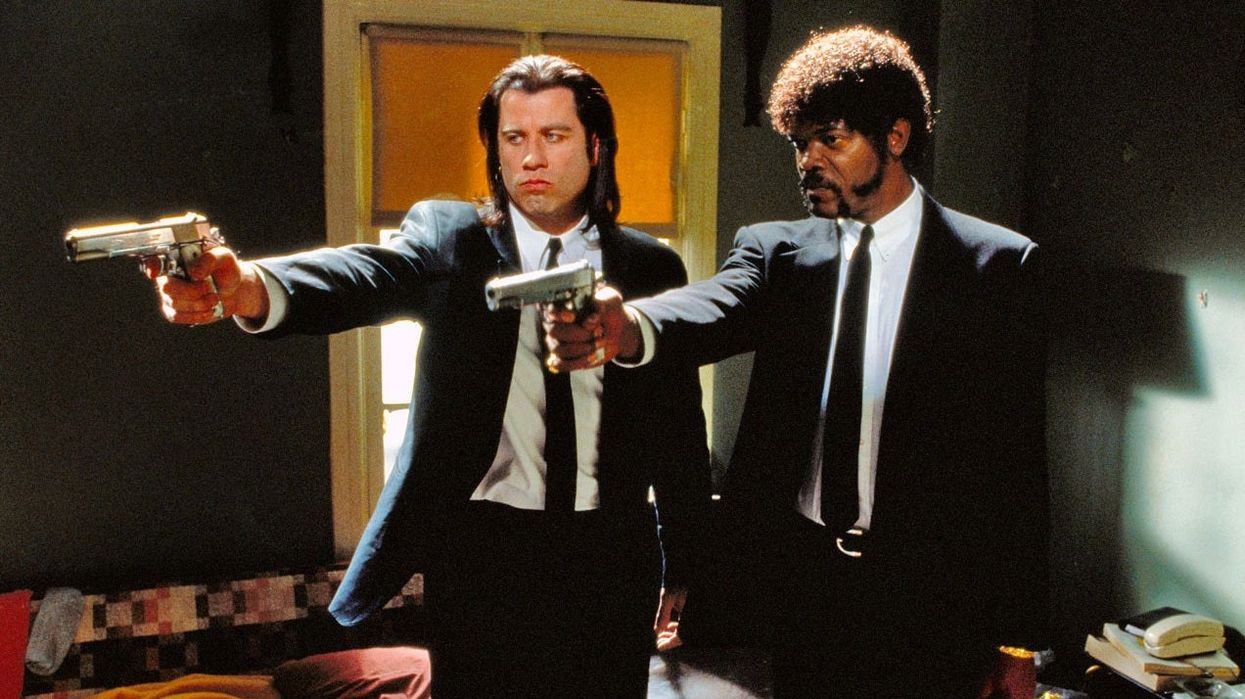Dialogue Does Not Have to Sound Natural... It Has to Sound Good
Honest to blog, this is one of the most important subjects in screenwriting.

Stop me if you've heard this before: you are reading or writing dialogue, and you are spending way too long trying to make it sound "real." I have news for you—unless you're shooting mumblecore or the new Borat or reality TV, nothing you write will be real.
Reality is overrated.
We're entertainers. We are writing and directing and producing to make the audience engaged in our stories. Sometimes we want dialogue that sounds kinda close to real, and other times we want dialogue that sounds really, really good.
You know, like the banter between mobsters about burgers in Europe.
Nerdstalgic digs into this topic in the video below. Check it out and let's talk after the break.
Dialogue Does Not Have to Sound Natural... It Has to Sound Good
So what is good dialogue? Well, I always think good dialogue sells the audience on the story. It's part of the worldbuilding. You wouldn't want a character strolling around Middle-earth using slang like, "What's up, cuz?" unless you were making a movie more like Your Highness.
And if you were doing something like Mad Men, the characters would have their own timbre and pace. You couldn't mash them up with The Graduate, even if it was the same time period. And even if they both were pitching plastics.
But I think we can all agree on the chatter in these projects being top-notch.
So when you're going to write something, don't worry about reality. Worry about the reality you're trying to create.
How do people speak in your world? Is it like our world, but heightened? I think the Juno screenplay really captures this so well. We get a little extra spin on the world we know.
Or what about a movie like Bugsy?
It's a brilliant deconstruction of the gangster and romance genres. People talk like they're in a 40s gangster movie in some scenes, but the rest of the time it's more like a classical romance, with snippy banter. Those two versions of the world fit here and feel magical.
Sure, that's all heightened, but most movies are made not to feel written, but natural. That kind of natural dialogue is still written, through. And it still needs to sound good. So movies like The Ides of March or even Scream's screenplay try to play things close to what's real and visceral. Even if they are wildly different genres.
At the end of the day, this is all about the work you put in and the decisions you make. Sure, you need to write and rewrite, but the dialogue is like singing a song. You won't get all the notes right the first time. You have to go over and over your stuff until it flows together.
Got dialogue tips or questions?
Put them in the comments.
What's next? Get our free screenwriting eBook!
So much of what we're talking about on No Film School when it comes to screenwriting is summarized in our new eBook. It also helps guide you through a 10-week writing plan that will get your script actually finished.
Source: Nerdstalgic












